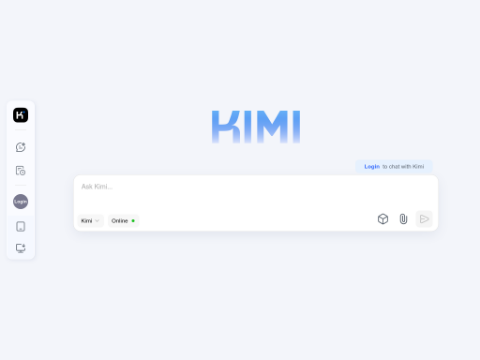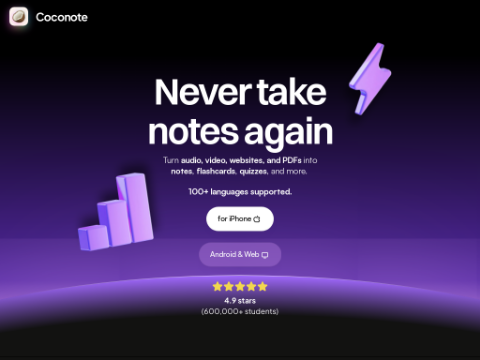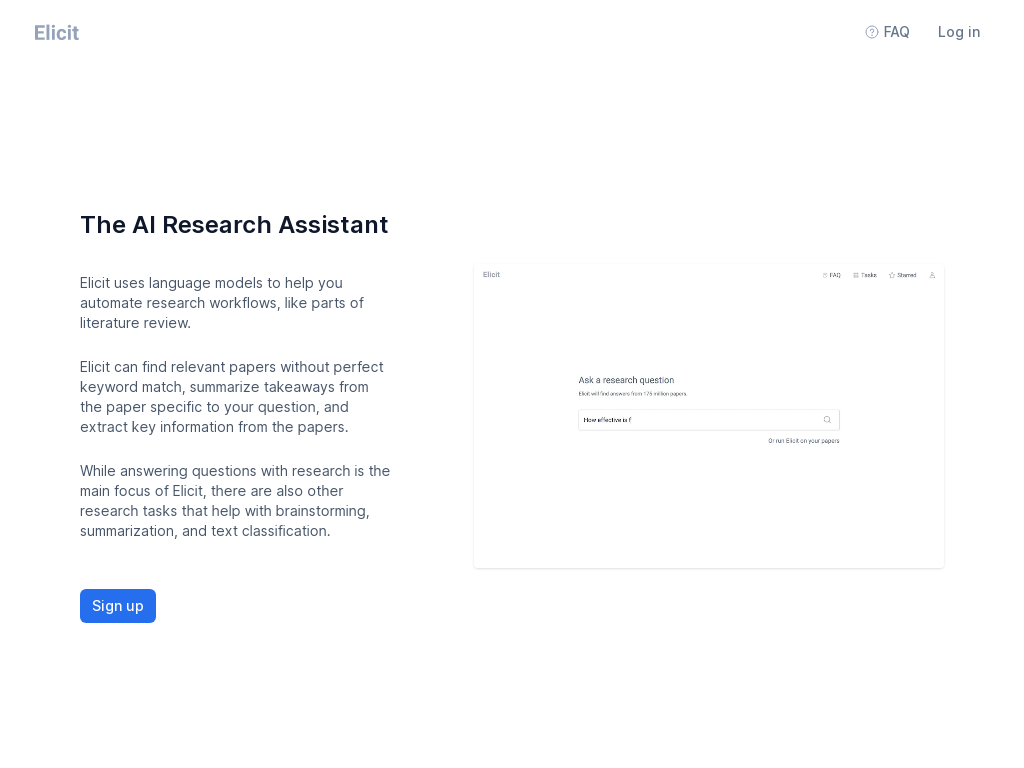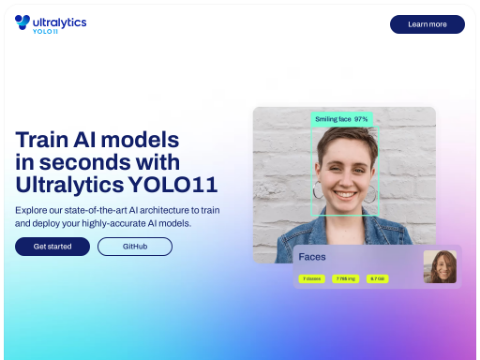Lightricks Introduces LTX Studio: Revolutionizing Text-to-Video Technology
Lightricks Ltd., a company specializing in the development of photo and video editing applications, is planning to take generative artificial intelligence to new heights. Their latest tool, LTX Studio, is a comprehensive text-to-video tool that has the potential to revolutionize the art form of filmmaking.
LTX Studio boasts impressive features that can transform text-based prompts into seamless video content in a matter of seconds. Additionally, it provides a full set of editing tools that allow aspiring filmmakers to customize the AI-generated content according to their preferences.
Lightricks, the creators of popular mobile applications such as Photoleap, Videoleap, and Facetune, have extensive experience in editing tools and have already incorporated AI-generated capabilities into these tools. Now, they have decided to apply this expertise to a more challenging field, claiming that LTX Studio can be used to create short-form or longer-format scripts and stories without the need for traditional filmmaking techniques.
Despite facing fierce competition in the field of AI-generated text-to-video technology, such as OpenAI's Sora model, tools from Pika Labs Inc. and Runway Inc., as well as tech giants like Meta Platforms, Stability AI Ltd., and Google LLC developing similar tools, Lightricks promises to surpass its competitors.
One of the main challenges in text-to-video generation is the quality of the videos. Creating realistic-looking and feeling videos has always been a difficult task, and this is exactly what Lightricks aims to change. They hope to leverage their rich experience in the field of editing tools to empower users to have better control over the content they create.
When using LTX Studio to create a new video, users first need to outline their story concept, including the plot, characters, and scenes. LTX Studio will then use generative AI algorithms to transform the outline into rough visual concepts, serving as the foundation for the user's video.
Once the foundation is set, users can utilize various tools to achieve effects that closely resemble their imagination. For example, the "storyboard" tool allows them to adjust the basic narrative and character scripts, while the "scene planning" tool enables them to edit everything from basic environments to random buildings and objects appearing in the film. Users can even instruct LTX Studio to simulate rain in a particular scene, and the tool will apply this request in real-time.
Furthermore, LTX Studio offers additional tools for creating and customizing specific characters, allowing users to change everything from their appearance to their clothing. They can also adjust the character's voice, camera angles, and sound effects. LTX Studio promises that users will have complete control over every element of the film they create.
Although we cannot yet determine the level of realism achieved by films produced using LTX Studio, the company has provided some high-quality video clips that appear to be of exceptional quality. Zeev Farbman, co-founder and CEO of Lightricks, believes that directors and marketers alike will agree that LTX Studio has the potential to forever change the way films are made.
Currently, LTX Studio is only available as a limited preview version, and Lightricks encourages aspiring filmmakers to register and join the waiting list before its full launch on March 27th. We eagerly anticipate this tool to revolutionize the field of filmmaking.








